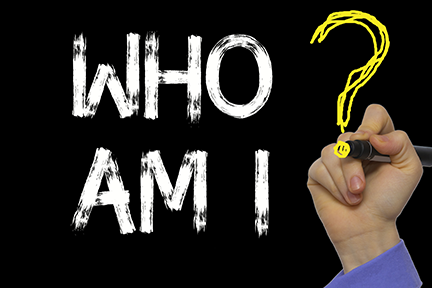Teachers serve as cornerstones in communities by providing unparalleled public service. These same communities expect teachers to improve their professional performances by invariably honing their professional skills.
From the moment teachers begin their careers, they uphold utopian images that they strive to achieve. Student teachers recall many teachers from their school days and allow those impressions to influence their own developing careers. This mosaic mentorship serves as the first step toward developing a professional identity. The developmental process, however, involves considerable time. Most seasoned teachers affirm that professional identity development is a dynamic process, mostly occurring after student teaching.
Aside from academic influences, the final and most constructive developmental stages of professional identity occur only after the teacher becomes pervaded into concrete working experiences.
In the workplace, professional identity maximizes professional performance by helping teachers improve: communication, lesson planning, efficiency, enthusiasm.
Education leaders look for employees capable of self-assessment and reflection. A strong professional identity enables young teachers to understand personal competences, weaknesses, and motivating factors. This type of professional development equips teachers with insight into their own values, paving the way for self-improvement. Your mastery of self-assessment and understanding of your competences will abet you throughout the recruiting and hiring process. For example, when you go into a job interview, a principal may pose a hypothetical scenario and ask what you would do in that situation. By understanding your professional role in the student’s life and knowing yourself, you will be able to answer the principal in detail and in confidence. When choosing a new job, knowing your professional identity will also help you determine which job or school would be the best fist for your personality.





